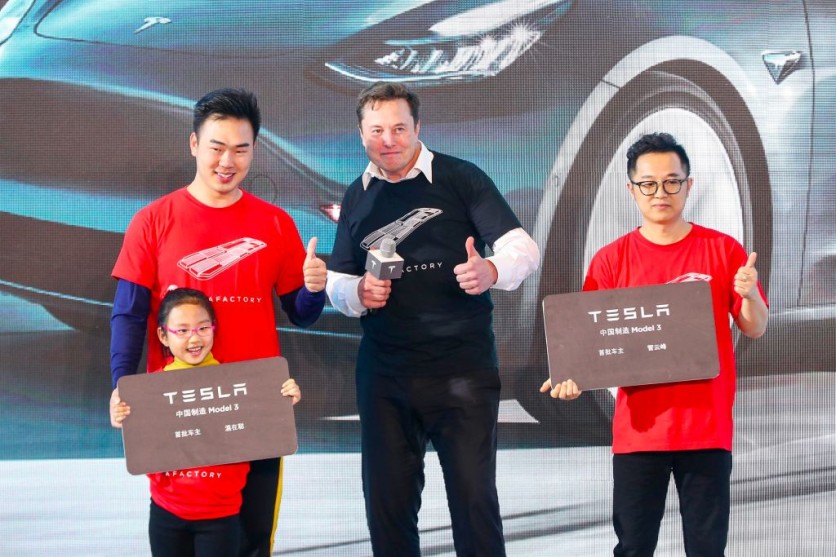In an article published in a Chinese magazine operated by the nation's internet regulator and censorship agency, Elon Musk promoted renewable energy, brain implants, and space travel, according to a translation provided by Yang Liu, a reporter for the Chinese state press agency, Xinhua.
As reported by The Verge, the Cyberspace Administration of China (CAC) is responsible for formulating and implementing user data, online content, and digital security regulations.
According to Stella Chen, a senior researcher with the China Media Project, the CAC produced a magazine that often contains regulatory updates and analyses on internet policy.

Vision of Technology and Humanity
The CEO of the Chinese payment service, Alipay, Eric Jing Xiandong, and Musk were both featured in the July issue of China Cyberspace. Musk's article is translated into English by Liu in a post to his Substack newsletter, Beijing Channel.
Musk stated that the publication invited him to share his "thoughts on the vision of technology and humanity," and then he goes on to tout the technology employed by the businesses he owns, such as SpaceX, Neuralink, and Tesla.
He shared some of his ambitious tech and space plans, including the "self-sustaining city on Mars, humans integrating with artificial intelligence, and developing "fixed battery banks."
Musk also refers to the upcoming humanoid Tesla Bot and says that in "less than a decade," people would be able to purchase robots as gifts.
Liu describes the story as a wise move on Musk's part since it gives him the chance to demonstrate the technological capabilities of his enterprises to Chinese authorities and the general public.
Contradictory?
The Verge said that Musk's appearance in a CAC publication clashes with his loud support for free speech, which was the very idea that led him to decide to buy Twitter even though he is currently backing out of the deal.
The CAC has implemented several regulations to control and limit online speech over the years. For instance, the CAC's Cybersecurity Law mandates that social media sites remove anything that contains "prohibited information" to avoid CAC repercussions.
The CAC also lobbied for removing Didi, a popular Quran app, and urged that Apple remove Didi from its Chinese App Store last year.
Additionally, the CAC established a hotline where users could report "illegal" remarks directed at the Chinese Communist Party and has proposed legislation that would oblige social media sites to check every comment published by users.
Related Article : Ford vs. Tesla: Jim Farley Swings A Verbal Jab to Elon Musk Amid Raging EV Truck Race
This article is owned by Tech Times
Written by Joaquin Victor Tacla
![Apple Watch Series 10 [GPS 42mm]](https://d.techtimes.com/en/full/453899/apple-watch-series-10-gps-42mm.jpg?w=184&h=103&f=9fb3c2ea2db928c663d1d2eadbcb3e52)



